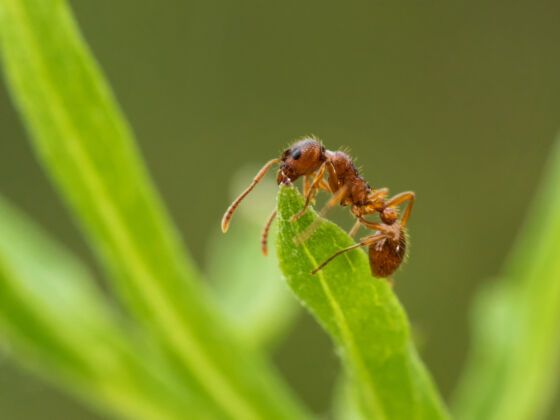Traveling offers us the chance to let our minds roam – probably more than at any time in our lives.
Not only do we have ample time to think, we also continually encounter new and exciting features of the world: amazing animals, diverse human cultures and awesome structures.
